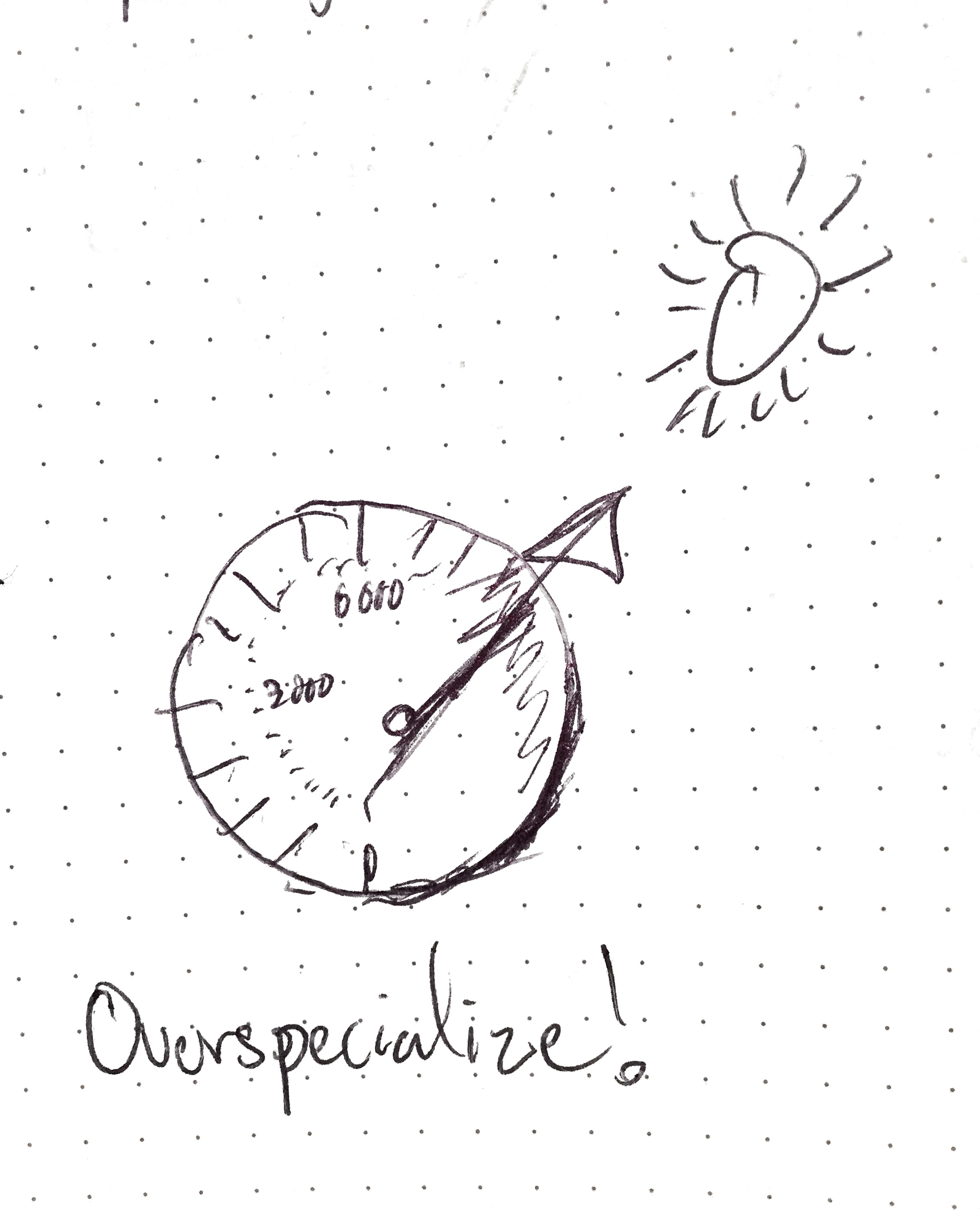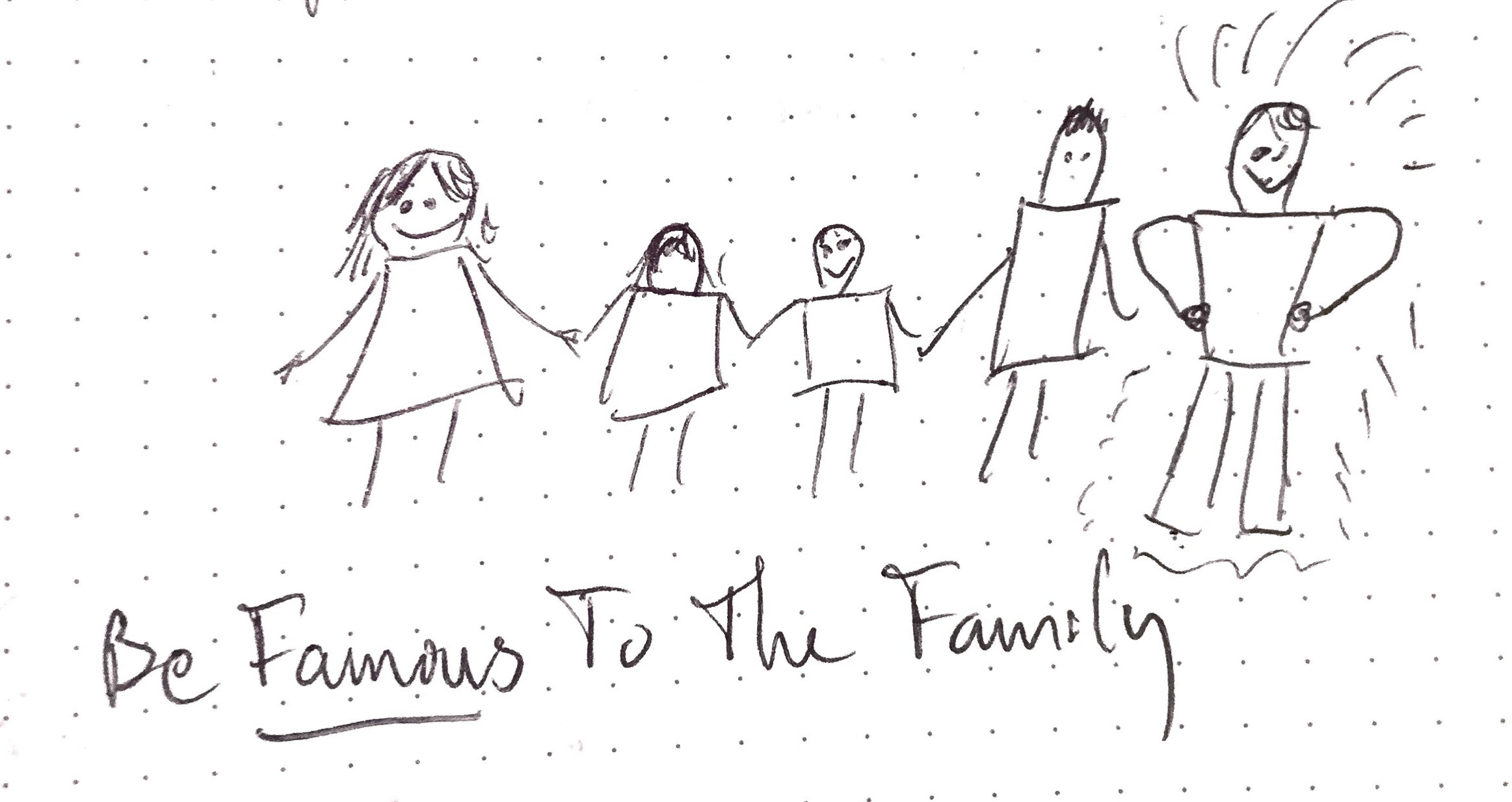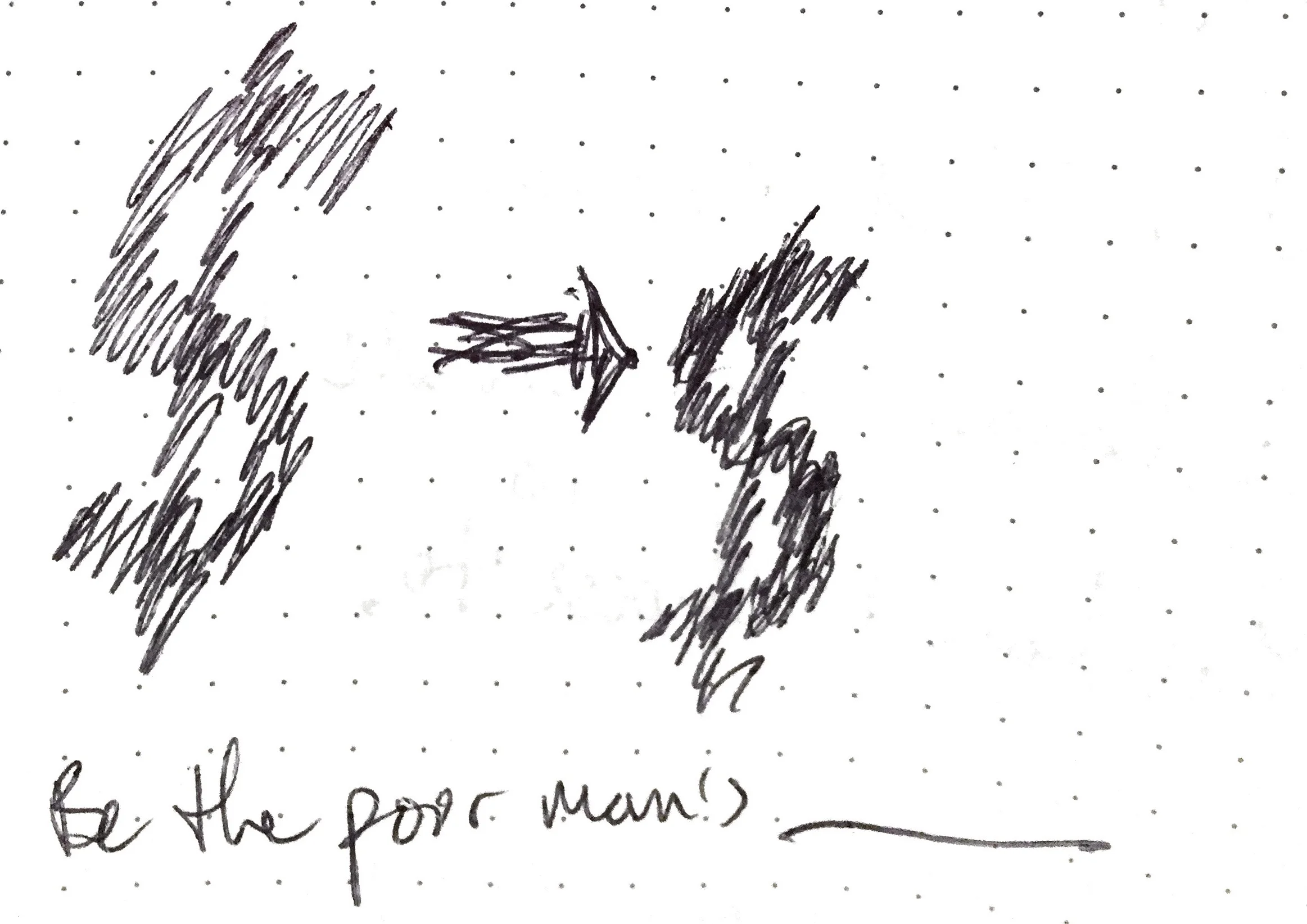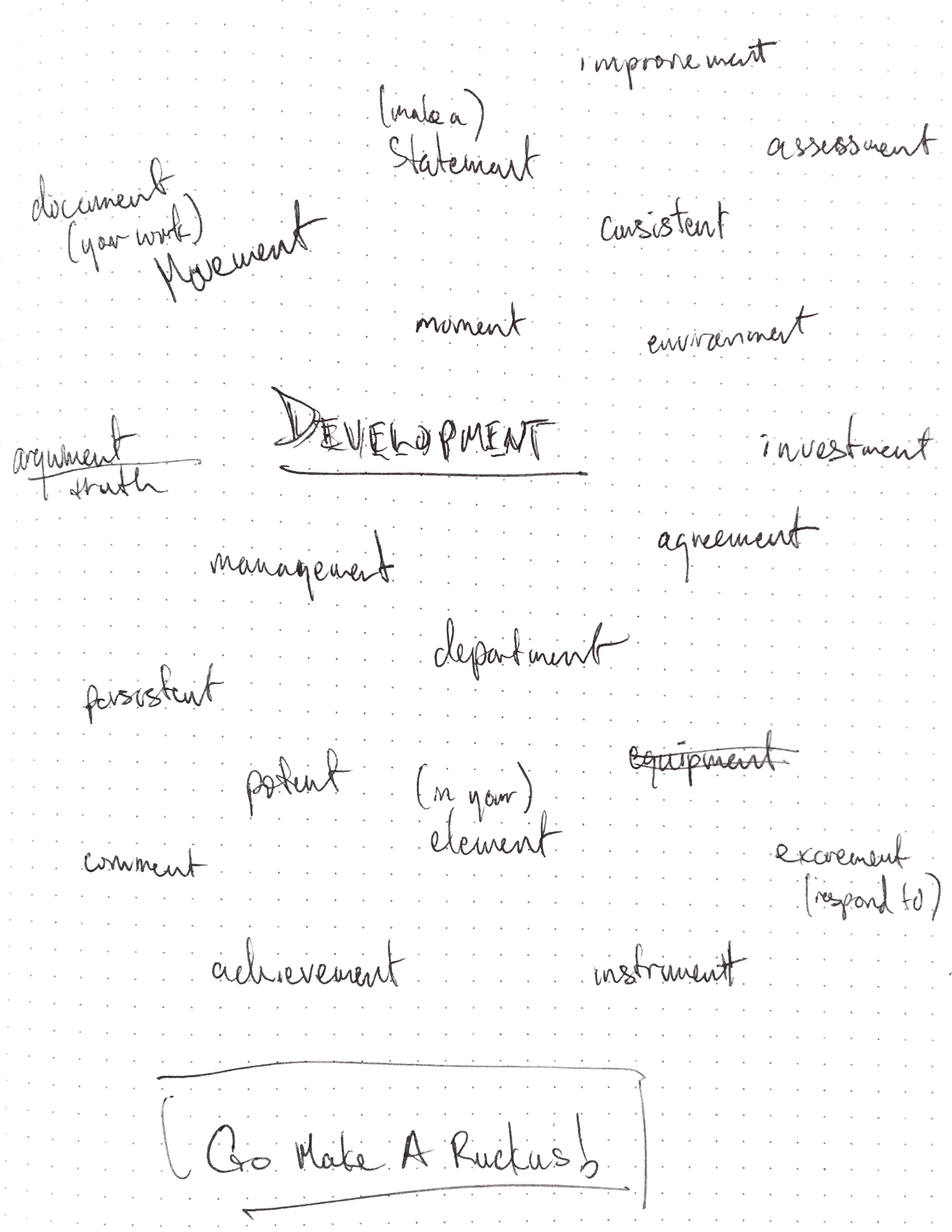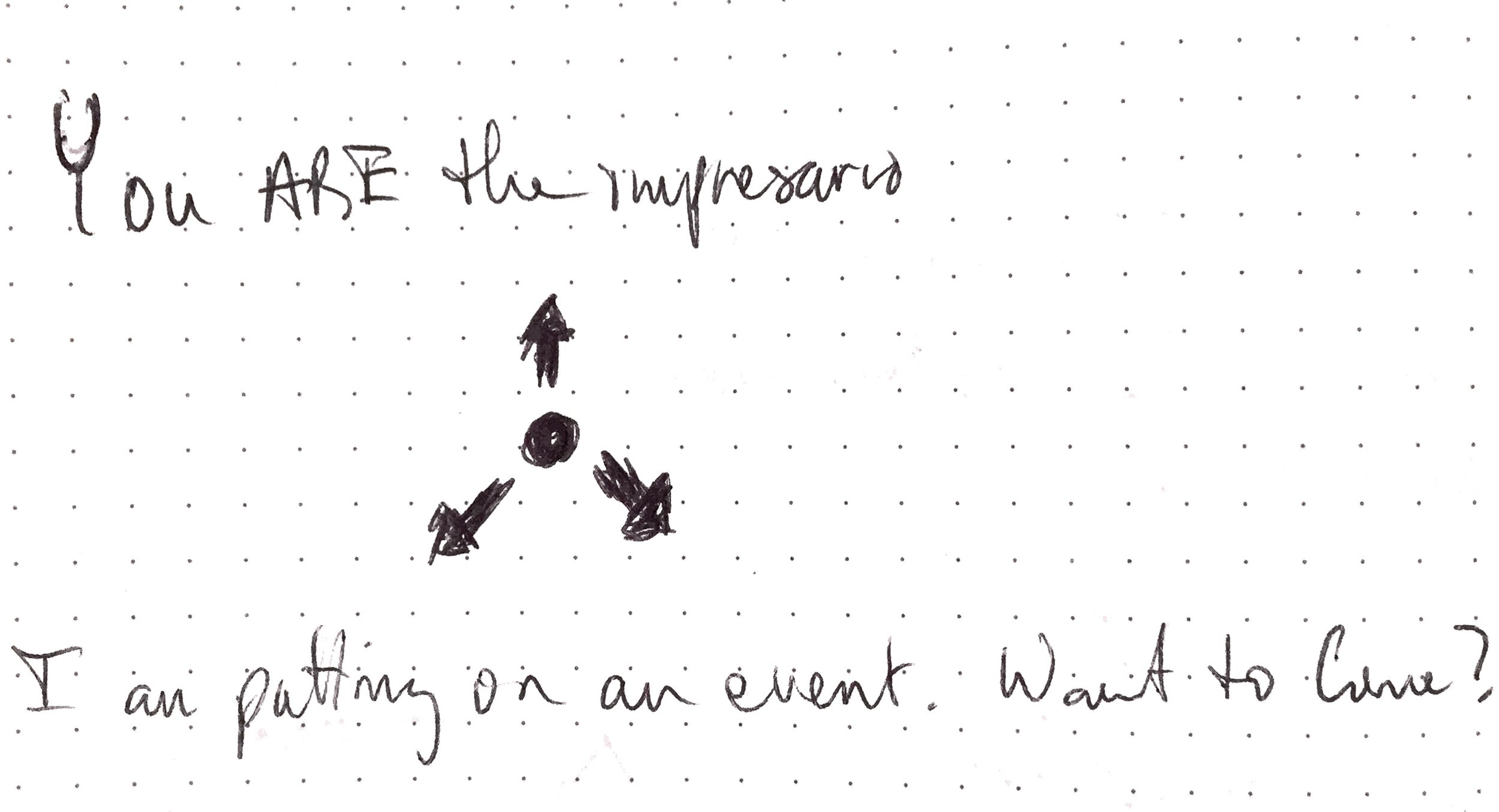Someone on the internet did something and now there's some chatter about something called "cultural appropriation". So I'm going to do what I always do which is to look at the definitions of the two words, "cultural" and "appropriate" out of context and break it down.
Define: Culture
I gathered 6 definitions from two sources for Culture.
Merriam Webster
Source: Culture | Definition of Culture by Merriam-Webster
- MW1: The beliefs, customs, arts, etc., of a particular society, group, place or time
- MW2: A particular society that has its own beliefs, ways of life, art, etc.
- MW3: A way of thinking, behaving, or working that exists in a place or organization (such as a business)
Dictionary.com
Source: Culture | Define Culture at Dictionary.com
- DC1: the quality in a person or society that arises from a concern for what is regarded as excellent in arts, letters, manners, scholarly pursuits, etc.
- DC4: development or improvement of the mind by education or training
- DC5: the behaviors and beliefs characteristic of a particular social, ethnic, or age group
What Franco Notices
Culture: Broad and Narrow
As a guy who tends to philosophize, I prefer broad definitions for broad concepts and combinations of words for specific variants. For example Culture is a broad concept which includes specific incidents of cultures such as 1960s hippie free love and sex-positive polyamorists.
Most recently, thanks to reading Clayton Christensen's, "How Will You Measure Your Life", I've begun thinking of "culture" in the broad sense as "how a certain people do a certain thing" and that's really close to MW3.
I will scope analysis of culture to this unit: a "cultural behavior". A specific and repeated instance of human behavior that occurs in specific contexts. Here are example instances of "a cultural behavior":
- Software Engineer tend to performing code reviews before merging new source code.
- Government Contractors tend to collect three bids before making a purchase.
- Japanese people do not "plant" their chopsticks in their bowl of rice in a way that it would look like funerary incense.
- Soldiers keep a clean shaven face and short cropped hair.
- We don't go to bed angry.
- Practising gratitude first thing in the morning in a journal.
Culture Over Time
Over time a cultural behavior may become venerated and practiced as ceremony or tradition. Some practices are handed down from generation to generation and serve as a bridge across time for people of the present to connect with the people that came before them.
A cultural behavior can become so deeply habitual that the origin of the behavior is lost or diluted.
For example, why in this modern age of information and science, do we persist in blessing people after they sneeze? I don't think any of us has illusions of being able to bestow health or blessings with our words or feelings. Regardless, this is something that we do.
Also interesting and related is the word "Goodbye". I recently heard a story by Neil DeGrasse Tyson on a podcast where he laid out the origins of Goodbye. Once upon a time when the world was a more dangerous place, a person embarking on a journey would reach the town gates and the people they were leaving behind would bid them well. "God be with ye" or "Goodbye" for short.
We can say the following about many long-running cultural behaviors: We may not know how it started because it has changed hands too many times. We just know that a lot of people have done it a certain way for a long time.
Culture: More or Less
Some cultural behaviors serve to habitualize and reinforce behaviors that are desired but difficult to acquire.
Other cultural behaviors forbid behavior. We call these "taboo".
Any area in which you have decided to implement a deeply ingrained culture is one that you are fixing in place for some amount of time. This is important to remember if you are trying to innovate.
Culture: Good and Bad
A cultural behavior can be good, bad, or neither. But good and bad are terms that depend a lot on other questions: for whom? by what standard?
Whom: A cultural behavior can serve the individual performing the behavior in some case, or it can serve the community, or it can serve no one in particular.
By What Standard: Cultural behaviors, as with everything else, are judged good or bad within the context of an ethical system. The same cultural behavior can be good and bad simultaneously when viewed from two conflicting ethical systems.
When viewing a cultural behavior such as male circumcision, how would one judge whether it is good, bad, or neither? Hard to say but we can survey the positions.
A modern judgment is that it is bad because it inflicts a permanent physical change on a child that has no say in the matter for no clear benefit and perhaps even some detriment. Other positions hold that circumcision is good because it reduces transmission of certain STDs.
The entire discussion is controversial. And the way the matter is settled for individual cases seems to be largely up to an emotional decision on the part of parents who have the final say.
Good or bad, the power of a cultural behavior to be continued over time after it has been established is noteworthy. And any effort to try to change it will also create a new group of people resisting change.
This seems like a good time to bring up the only two rules I've ever written about people and systems:
- Franco's First Rule: There is nothing so permanent as a temporary solution. Systems and cultural behaviors stick around longer than you would ever expect.
- Franco's Second Rule: For every movement, there is a counter-movement. For every effort at change, there is resistance.
They seem to describe perfectly the situation with long-running cultural behaviors and efforts to change them.
I think I might want to add a third rule at some point. Here's a candidate: "Therefore, you can't really hope to change all other people... just decide how you're going to do it and enjoy your life."
Culture and Identity: Us and Them
Cultural practices have a powerful impact for how we see ourselves.
When I was a really young pup in college, I was working as a Desktop PC Tech for a government contractor and one of my users was a sweet woman with a thick German accent named Ingrid. I recall one time suggesting that she throw something in the trash and she replied with earnest honesty, "I can't... I'm German".
People desire to be significant. And one way to instantly be significant is to be different. On Krypton, Superman is just a dude named Kal who is the son of Jor. But on Earth, Superman is a hero: Utterly unique!
We as humans can also be contrary creatures, and since we also desire validation and camaraderie, we need some people to connect with on being different.
The perfect storm is a the identity subculture. Superficially, you can see the power of this in sports and what we buy.
- Sports fans love wearing their official and overpriced team colors.
- Apple fan-boys a can be found brandishing their new black iPhone 7 devices with Airpods or Beats headphones.
- Harley Davidson doctors, lawyers, and sales folk love getting dressed up in their patched leather jackets or vests and riding their chrome beasts.
I call these superficial because buying something and carrying it around is a low bar of admission. If you have money, it doesn't take long to be "one of us".
Identity subculture is also a huge part of building strong online communities. If you look at sites like Mr. Money Mustache, you can see that he offers his thoughts on doing things a certain way: being intelligently frugal and intentional about recognizing that new shiny versions of the things you already have don't make you any happier.
...it turns out that when a person jumps to a new level of material convenience, he loses the ability to enjoy the things he previously thought were pretty neat. A cold Bud Light was once a true delight after a work day for the lottery winner, but after the win he quits the job and takes up high-end scotch, poured by a personal butler. Both serve the same purpose, and the pleasure is about the same.
There is some hardcore truth here. It takes only intentional use of a label to transform a way of doing things into an identity: Mustachianism. For example:
...work is such an important part of human happiness, as a Mustachian you will work as quickly as possible to take the money component out of it...
Franky, It's brilliant. And it establishes a clear divide between the people who are "mustachian" and those who are not. It creates an "Us" and a "Them".
The applicable principle seems to be that, "People like us do things in this way," is a powerful promise. Truth. And, I'm certain that is a Seth Godin verbatim.
I have some pretty strong feelings on "Us vs. Them". I think we can agree that it is seductive. But when is it good? When is it bad? The way I measure that is whether it makes an individual behave in a way that is more kind or more cruel.
Let's apply this to some examples:
- Mustachianism: positive. People are going to try something out and it will either make them into better people or they will abandon the effort. In either case, I think they will be happier and more interesting people for it.
- Harley Davidson / Apple fan-boy -ism: vaguely positive. Ultimately this is a commercial decision and not really an identity subculture. But it helps people to connect who otherwise wouldn't and that is a net good for the happiness of most people. It can also be bad for those who become snobs (when it becomes more about "Them")
- Americans vs. Muslims: negative. There *is* such a thing as a Muslim that believes in fundamental american liberty and there is a lot of Us vs. Them narrative that comes up every time a new attack hits the news. Interestingly, the emphasis in this "Us vs. Them" is on "Them".
I guess a pattern that I see is that when the emphasis is more on your behavior and what possibilities it opens for you, it's likely to be positive. And when it's about how other people should act, it's probably going to result in less kindness.
Being Intentional About Our Culture
We are in an age and in a free country where we get to choose our culture. We get to choose the way we do things and see what kind of people we become when we do things a certain way.
When I ask most of my friends what it is they like about the relationship that they are in, a common answer is that they like who they, themselves, when they are around their partner.
This is how we can be with our cultural practices as well if we are intentional about what we practice. If you've followed this blog for any amount of time you've seen me and Liz playing with different practices that impact our lifestyles and, ultimately, what kind of people we are.
What kind of a world would it be if we all engaged in lifestyle experiments and documented them for others to see who we become while we're doing things differently? Would we become a kinder and more open society? Would we be more creative? More infinitely varied?
There are things that hold us back that we don't even notice. We have ideas about ourselves... labels... concern for what others might think. But, I think that I love other people who are living the most vibrant and creative lives they can imagine for themselves.
So I want to offer you a few parting questions to rattle around your head and we will call an end to this marathon post:
Is there something you want to start or stop doing in your life that you've talked yourself out of because it doesn't fit your idea of who you are or you're worried about what others might think? e.g. "if I did that I'd be [label X]" or "I would do that but I'm a [label Y] and we just don't do that".
What if the labels didn't matter?
What if I just was who I was?
As I ask myself these questions I hear these ideas echo in all of my answers:
- We can look at the practices we employ in our life and add new ones or subtract ones that aren't serving us.
- If you, like me, shy away from identity subcultures, know that you can just try them on for a while... it doesn't have to be permanent.
- We can try things just to try them.
- We can make our lives less one-dimensional by playing with the rules.
That's what I've got for today. I will take up "appropriate" some other time.
Keep writing what you notice.


